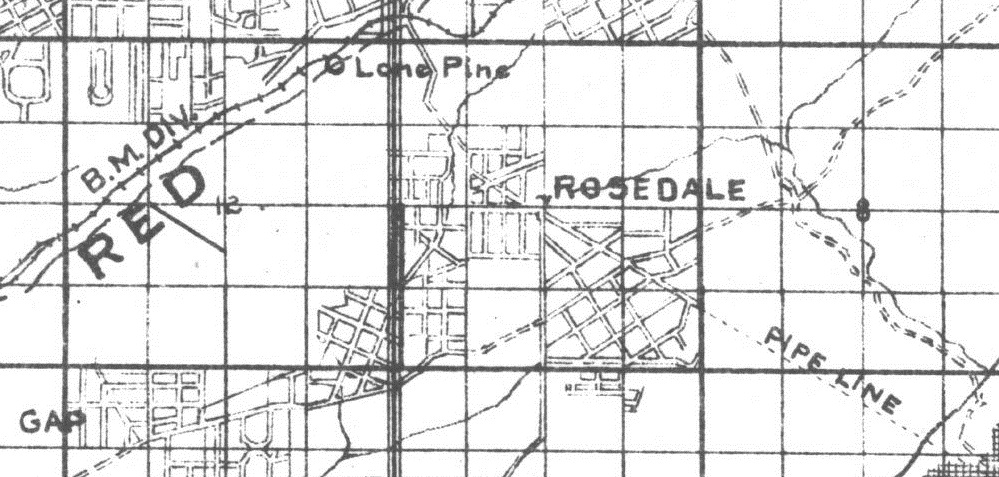Rosedale―Homewood’s oldest neighborhood―is often overlooked even by Birmingham natives. This community has deep roots and a remarkable past. In these interviews, Rosedale natives recount memories of a vibrant and close-knit community. S.T.O.R.I. partnered with Vulcan Park & Museum to explore these narratives and make them available for the public.
Anna Marie Smith
"So, I know my great-aunt told me that the streetcar would run, that was the end of the line for the streetcar. It would run all the way down through Central Avenue, downtown was what I consider downtown Homewood now, Edgewood, down the hill."
Harriet Hall Pullom
"So, if you did something wrong at school, your parents would be in the know because they were going to tell on you. And that was the thing is that it takes a village, people say that now but actually when we grew up, it was a village."
Josephine Jerald
"And we had books--but they was old books. Some of the pages was torn, but the, the, we made it through whatever we was taught."
Madolyn Jones Wyatt
". . . they kind of divided us all up--so like you didn't have any of your friends in the class you were just like the only black person in one class, you know..."
Marlene Burnett
". . . to have some, some accountability of what your stuff is supposed to look like, that's what I would like to see, you know, it's a beautiful community, because it was, it used to be roses everywhere, that's how it got its name."
Phyllis Theresa Shepherd
"They didn’t have the levels of violence within the community like now. No. Even, even uh, African-American white relations were different."
Annie Burgess
". . .I ask the question is Homewood part of Rosedale? I don't remember what the reply was, it's been just that long, but to me, we get along just fine."
Dennis Bush
"For a very, very long time . . . this area was considered undesirable, uh, unlivable . . . you know weeds and water and, uh, you know we had individuals who had the, uh, the foresight to coming in and developing into a thriving community."
Douglas Clapp
". . . my hope is that it would retain its sort of historic, residential flavor, especially with . . . the ability for people of moderate means to be able to uh, enjoy Rosedale but also the benefits of living in Homewood generally . . ."
Barbara Pope
". . . well a lot of people move. They left years ago looking for better jobs. They went north and west and they didn't realize they was leaving a beautiful heritage, but it, you can't blame them for looking for a better life, but it's a small community now, compared to what it used to be . . ."
Lisa Stewart
"I remember we was the first one on the street that had a telephone and a T.V. . . . it was a big deal to me because everybody in the neighborhood used to have to come to our house to use the telephone and then I remember on Sunday nights everybody used to come to our house to look at the Ed Sullivan Show."
Will Ramsey
". . . it was a close knit community, you felt safe there, you knew everyone, and we had no problems getting along."
Faye Vickers
". . . there was a place called Golden Nugget [The Gold Nugget Restaurant and Lounge] . . . we knew the food was delicious but we couldn't go in, so we went to the side door and knocked on the door when they came, when they got a chance, they would come and take your order and they would give you the food from there."
Linda Jones
"At Christmas we would - the city of Homewood used to black tar Loveless Street and block it off and we would skate, skate, skate. Everybody get your skates, because that's what you got for Christmas."


